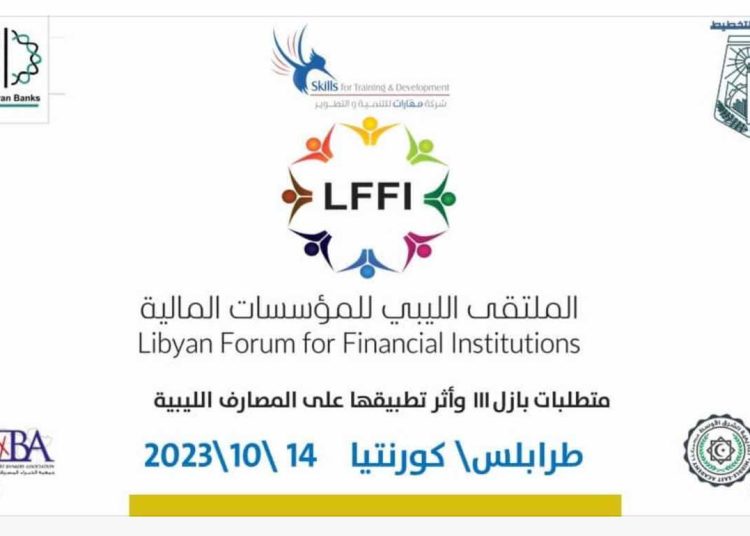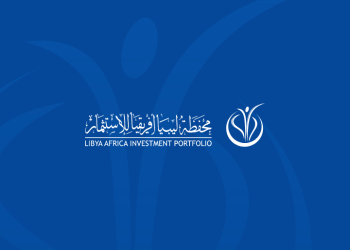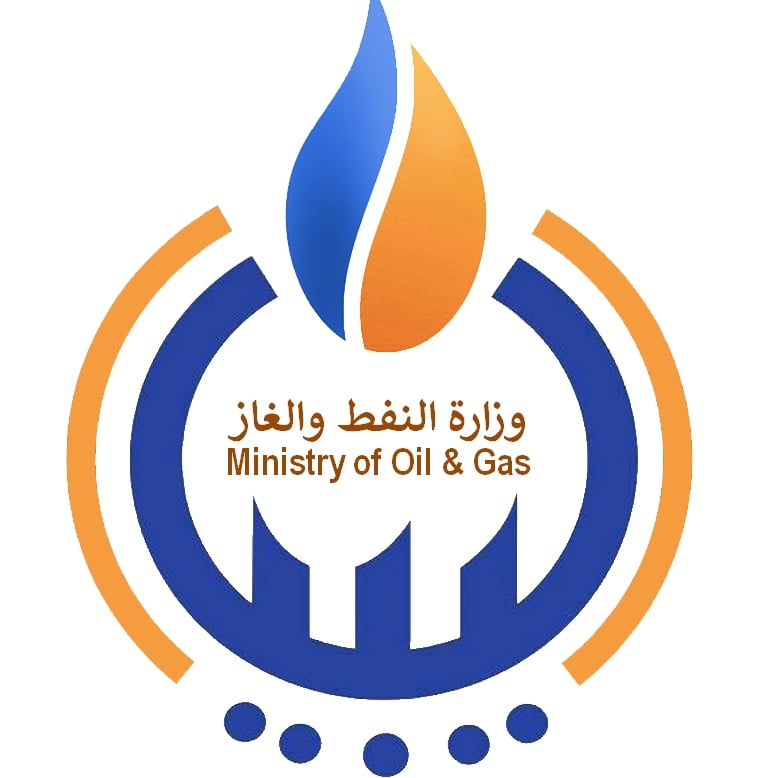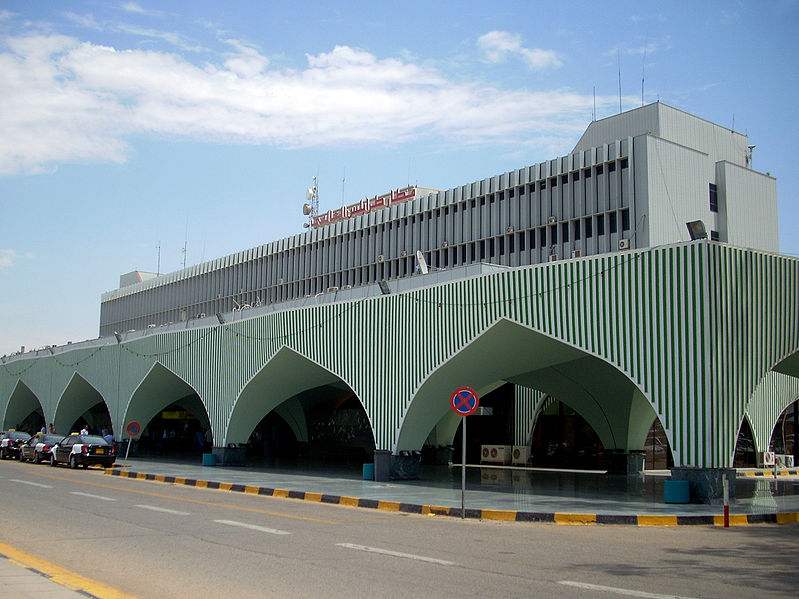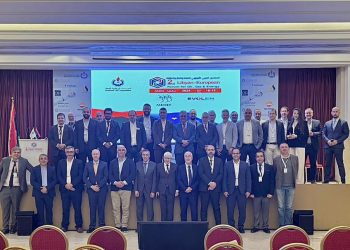The Second Libyan Forum for Financial Institutions was held in Tripoli on Saturday focusing on the commitment to the Basel requirements.
The event was organised by Maharat Development Company with the sponsorship and active participation of the Union of Libyan Banks, the Jumhouriya, Mediterranean, and North Africa banks, and the Planning Institute, in cooperation with the Jordanian Bankers’ Experts Association, and in the presence of a number of local financial institutions and a group of specialists, interested parties, and banking employees.
The Basel Accords are a series of three sequential banking regulation agreements (Basel I, II, and III) set by the Basel Committee on Bank Supervision (BCBS). The Committee provides recommendations on banking and financial regulations, specifically, concerning capital risk, market risk, and operational risk.
According to the Chairman of Maharat Development Company, Iman Saleh, in an exclusive statement to Libya Herald, organizing this forum at this time comes within the fulfilment of requirements in Libyan banks, which will raise security standards and increase the confidence of banking, financial and international institutions in banks operating inside Libya as well as developing the performance of local banking human resources in the areas of compliance and anti-money laundering.
Defining the compliance function by Libyan banks
Saleh said that the forum focused on defining the compliance function as issued by the Basel Committee on Banking Supervision and in accordance with the best international practices applied in this regard, distinguishing the role of compliance management in Libyan banks and financial institutions, the responsibilities assigned to them, the regulatory status, and the preparation of compliance monitoring programs ad compliance monitoring policies.
Explaining further, Saleh added that, Libyan banks and financial institutions need to distinguish the risks of non-compliance with the fight against money laundering and the financing of terrorism according to international requirements for the application of international and local laws and legislation, with the need to pay attention to the practical aspect of the role of the person responsible for combating money laundering and the financing of suspicious operations, in addition to due diligence and studying the international risks related to it.
Implementing Basel requirements makes banks in Libya more powerful
Regarding the role of the compliance function and the role of the compliance monitoring officer in Libyan banks and its importance in raising the level of trust and security in them, Saleh said that implementing Basel requirements makes banks in Libya more powerful, especially in confronting money laundering and its connection to the phenomenon of corruption that many countries of the world suffer from, including Libya.
CBL and Libyan banks want to work at the highest standard of financial security
Saleh said the Central Bank of Libya and Libyan banks were interested in implementing Basel requirements within the policies of combating money laundering and curbing corruption to ensure that they worked at the highest standards of financial security, which increases the professionalism of Libyan banking employees and makes Libyan banking cadres trade in the development of international legislation in combating the crime of money laundering and other resulting crimes.


